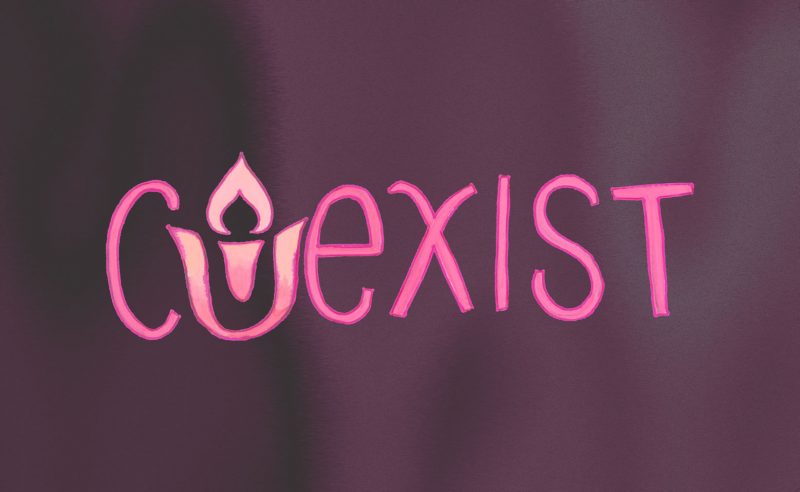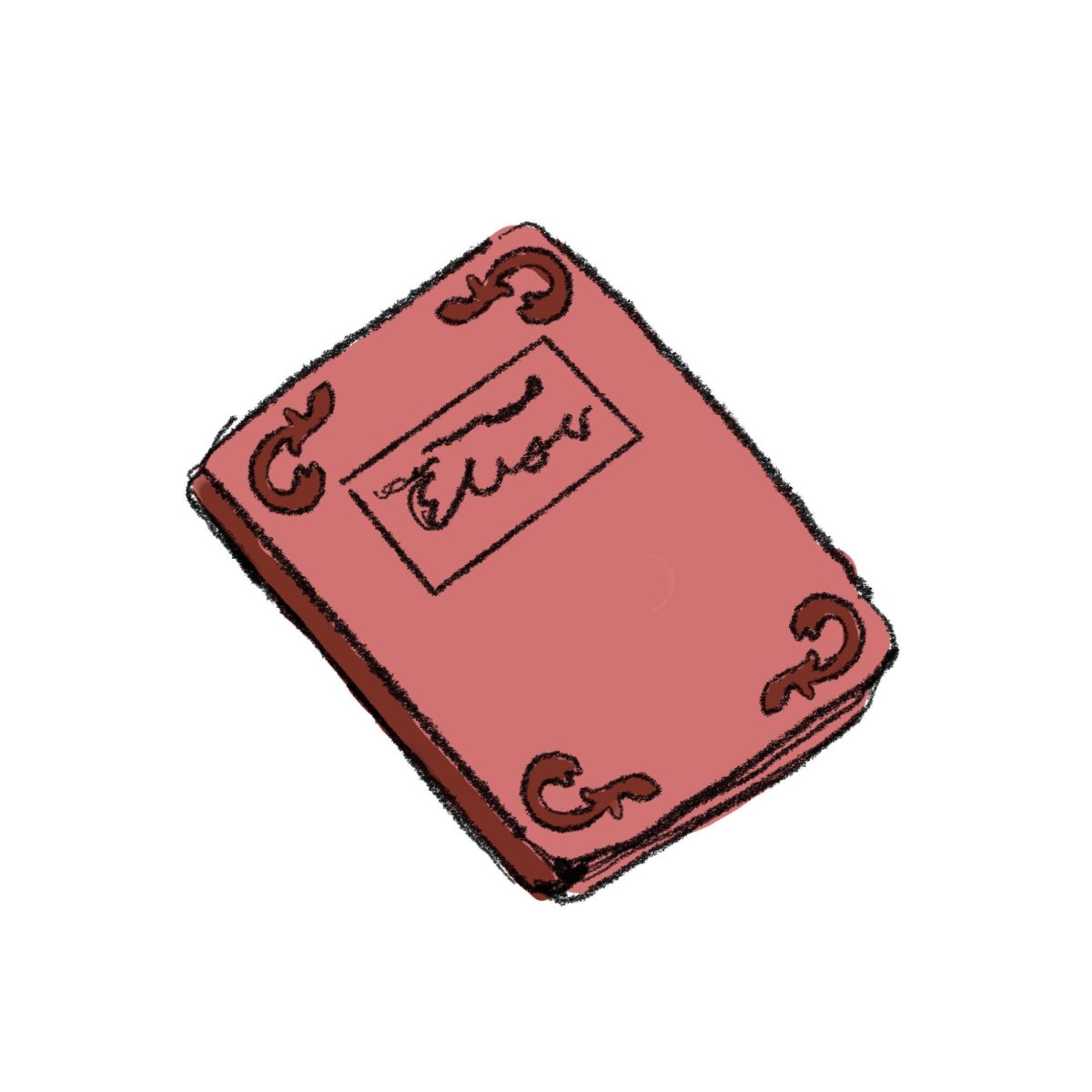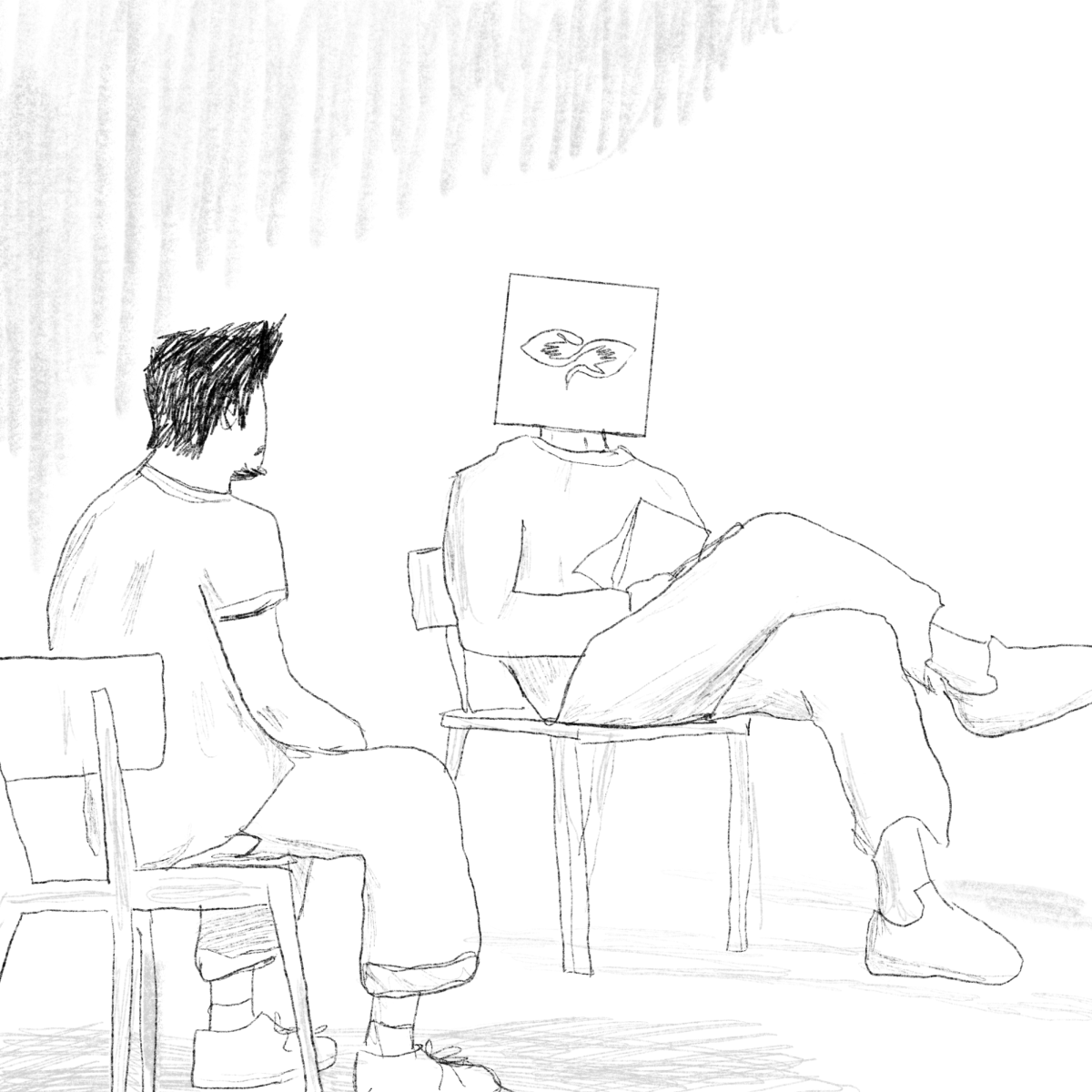Mackenzie Hill and Claire Burrus both identify as atheists; they are also both thoroughly invested in their church. This semester, the two seniors are starting a religious club on campus, focused more on group discussion and service to the community than on a specific creed.
So, what is this religion without a doctrine? Why, in a time of rapidly declining religious involvement for young adults, are these atheists so involved?
According to the official website, Unitarian Universalism (UU) is “a force more powerful than one person or one belief system.” The church accepts individuals from multiple religious backgrounds and encourages the responsible pursuit of truth. Different members of the church have different ideas about life, death and the existence of God.
“We think of faith as being lived through deeds. That’s something that my minister at my home church says a lot, ‘Deeds not creeds’,” Burrus said.
Members may differ in their beliefs, but they all follow the seven Principles, which are values and moral guidelines they believe will enrich their lives. Among other ideas, these Principles include the inherent worth and dignity of every person; justice, equity and compassion in human relations; and respect for the interdependent web of all existence of which we are a part.
Burrus, who has been a Unitarian Universalist all her life, recognizes how UU could be considered more of a philosophy than a religion.
“For me, I would be comfortable with calling it a philosophy, but I think people like the church community and what that offers. It’s also just sort of socially acceptable to say, ‘I’m going to church.’ Quakers get flack for saying, ‘I’m going to a circle gathering,'” Burrus said.
Most Unitarian Universalists have experience with other religious traditions. Burrus explained that plenty of UU members joined after they became disillusioned with the strict limitations of their church’s dogma but did not want to give up the fellowship, community and moral guidance that religion often provides. Unitarian Universalism provides the comfort of church without the confines of doctrine.
“I think a lot of people turned to Unitarian Universalism because they felt uncomfortable in their congregation before. We have a huge LGBT community, people who felt like they were rejected by their faith growing up, or for whatever reason just felt like they didn’t belong,” Burrus said.
Even if they do not come from another church, UU members have probably looked around. Hill’s childhood was rife with exploration.
“I grew up in a family with a pretty religious background, but neither of my parents, really, were interested in organized religion. So, when I was about seven, my dad took me to a lot of different types of churches. The Unitarian Universalist church that I ended up going to in Houston was the one I liked the most,” Hill said.
Because Hill liked this church, her father continued to take her back. However, her time exploring religions did not end when she chose UU. In her time at Sunday school throughout middle school and high school, Hill visited a multitude of different churches, discussed her convictions with a mentor and was required to give multiple speeches about her own beliefs.
“Having sort of a background knowledge of how that part of the world works has helped me think about things in different ways,” Hill said.
Now, Hill firmly believes in the value of religious education. So, when David Rodriguez of the First Unitarian Universalist Church of San Antonio asked Hill if Trinity students might be interested in having a gathering on campus, she was interested.
“I knew David from Unitarian Universalist events throughout high school, and we always had a good relationship. He approached me in January, and I was so swamped that time last semester, so we sort of just planned, discussed, and nothing ever came to fruition. But then, over the summer, I was like, ‘David, I really want to do this. I know Claire wants to do it as well,'” Hill said.
Hill and Burrus are the president and vice president of the club, respectively. The club will meet about twice a month, and each meeting will include readings, worksheets and discussions revolving around a central theme. In their first meeting, members discussed the meaning of “covenant.”
“Covenant is basically any commitment or agreement you make with another person. So, a covenant group has a covenant of being respectful, letting everyone speak, those are the agreements. But then, you also have covenants with literally anyone in your life. So, we started discussing what covenantal relationships are, and what they mean to us, all that kind of stuff,” Burrus said.
Hill and Burrus hope that the UU club remains active on campus after they both graduate in May.
They want the organization to grow, to engage in service projects to benefit the local community and to help facilitate that slow search for truth for all Trinity students who attend.
“I hope that people fall in love with the community aspect and the sharing aspect of it that I have for my life,” Hill said.
Communication professor William Christ, faculty advisor of the club, has been a Unitarian Universalist for about 30 years. He believes the new club will create a fundamental support system.
“The importance of this club is that it provides a safe space for those challenging their own religion, those who want to pursue the idea of spirituality,” Christ said.




